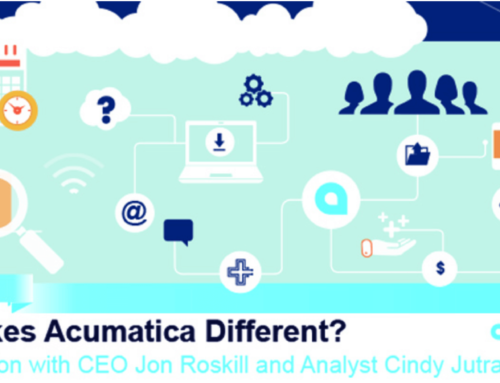Big Data is a topic that can feel like a lot of hype and perhaps in many cases it is. However, one of the reasons it continues to garner so much attention is that, with the rise of sensor technology and the Internet of Things (IoT), the volume of data continues to grow. Harnessing that data and turning it into actionable information is a massive opportunity – but a valuable one only if you can make higher quality business decisions to create a competitive advantage.
A new study by the Economist Intelligence Unit shows how big data is moving from its infancy to a “data adolescence”, in which companies are increasingly meeting the challenges of a data-driven world. The report, called “Big Data Evolution”, details the ways in which companies’ attitudes and activities have changed over the past four years with regards to big data — collecting it, storing it, analyzing it, and using it to make business decisions about strategy.
To deliver information to fuel higher quality decisions and allow you to transform your business processes, you need to start by asking the right questions in your own organization. The possibilities presented by big data can morph into a more strategic approach; defining which data initiatives will have the biggest and most immediate impact on your business. With this kind of insight, organizations should now invest to have a data strategy, centralized with a CIO / CTO.
Another important finding on the Economists survey, reveals that there is a strong correlation between good data management practices and financial success. With a data strategy you can ensure your organisation’s data initiative is successful and effective at resolving real business problems. For a typical Fortune 1000 company, with just a 10% increase in data accessibility and utilization, a result of more than $65 million additional net income can materialize.
Data is growing faster than ever before and by the year 2020, about 7 megabytes of new information will be created every second for every human being on the planet. It’s important to realize that it’s not about the ‘bigness’ of your organisation’s data, but rather the value it can provide for making insightful business decisions. Data will inevitably drive innovation across every industry, and spread across all sectors of business. From this perspective, the big data opportunity is even bigger than people thought.
References:





Leave A Comment
You must be logged in to post a comment.